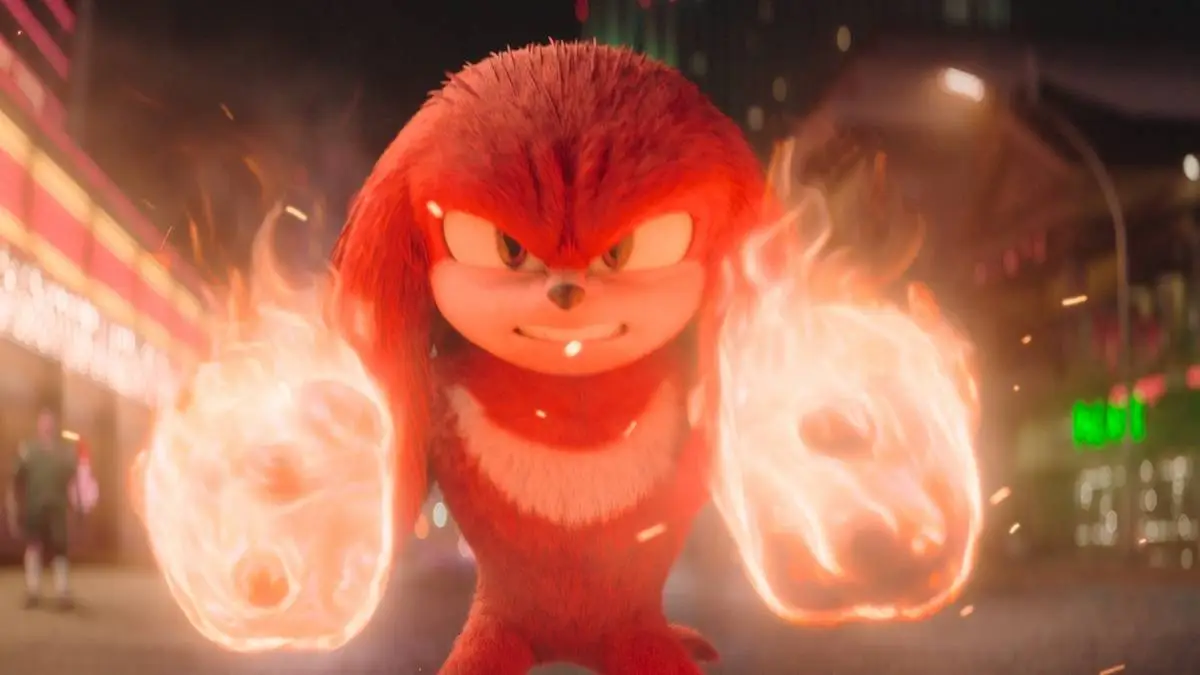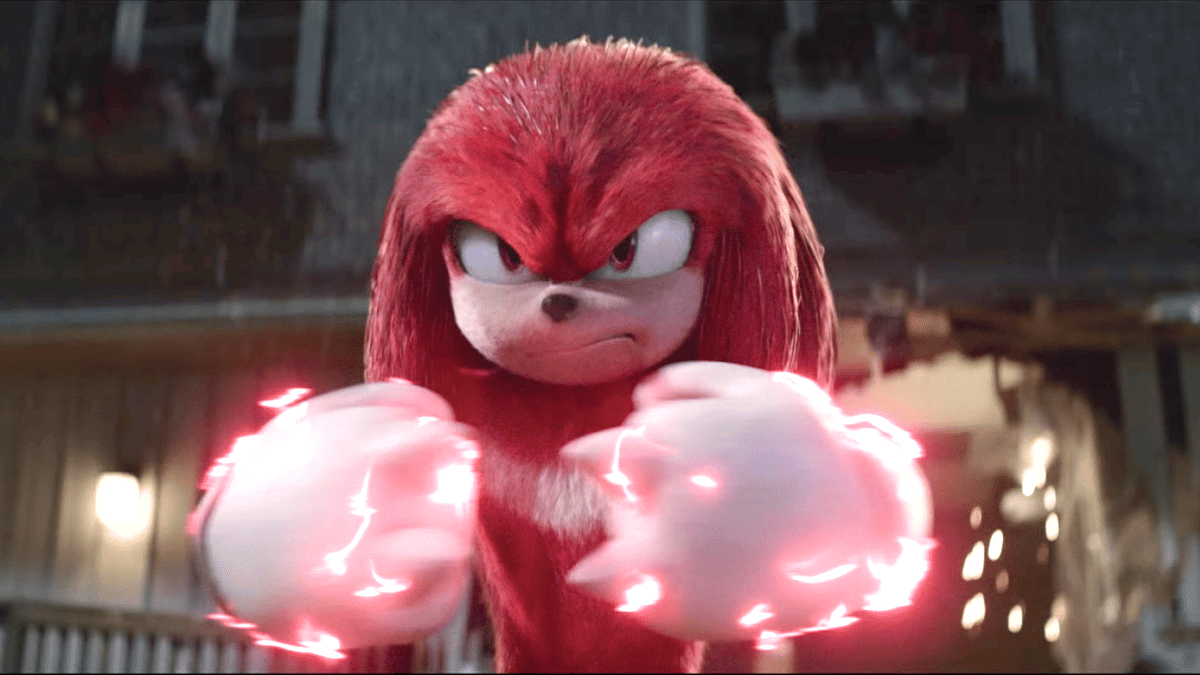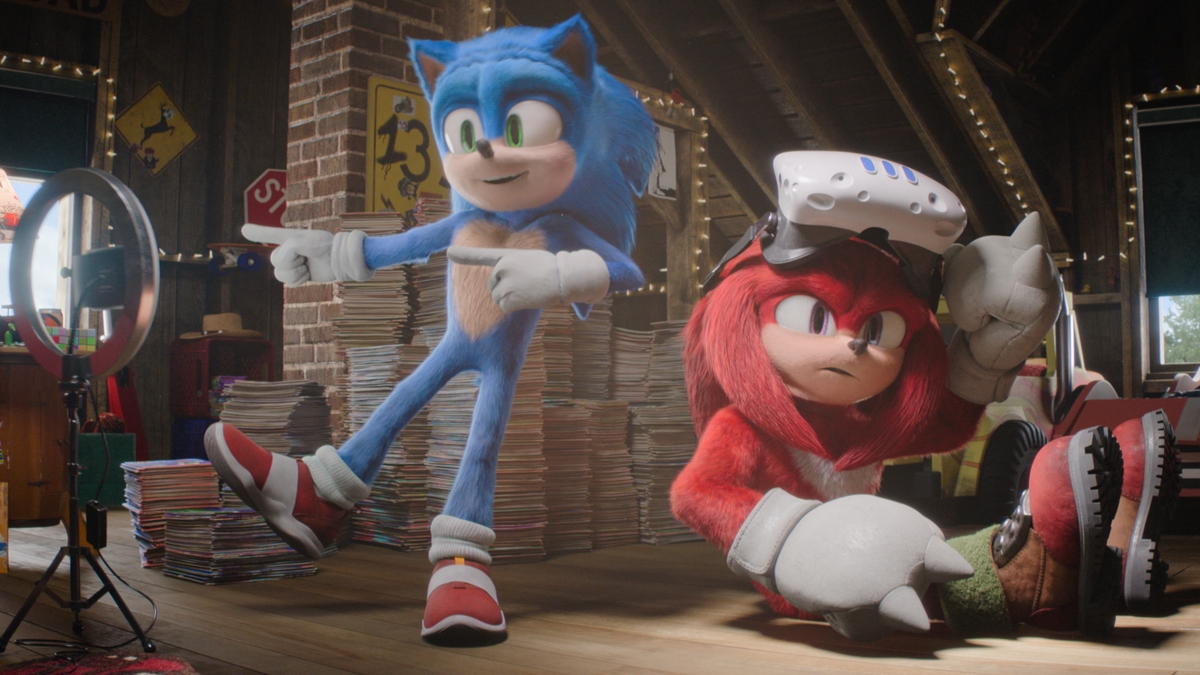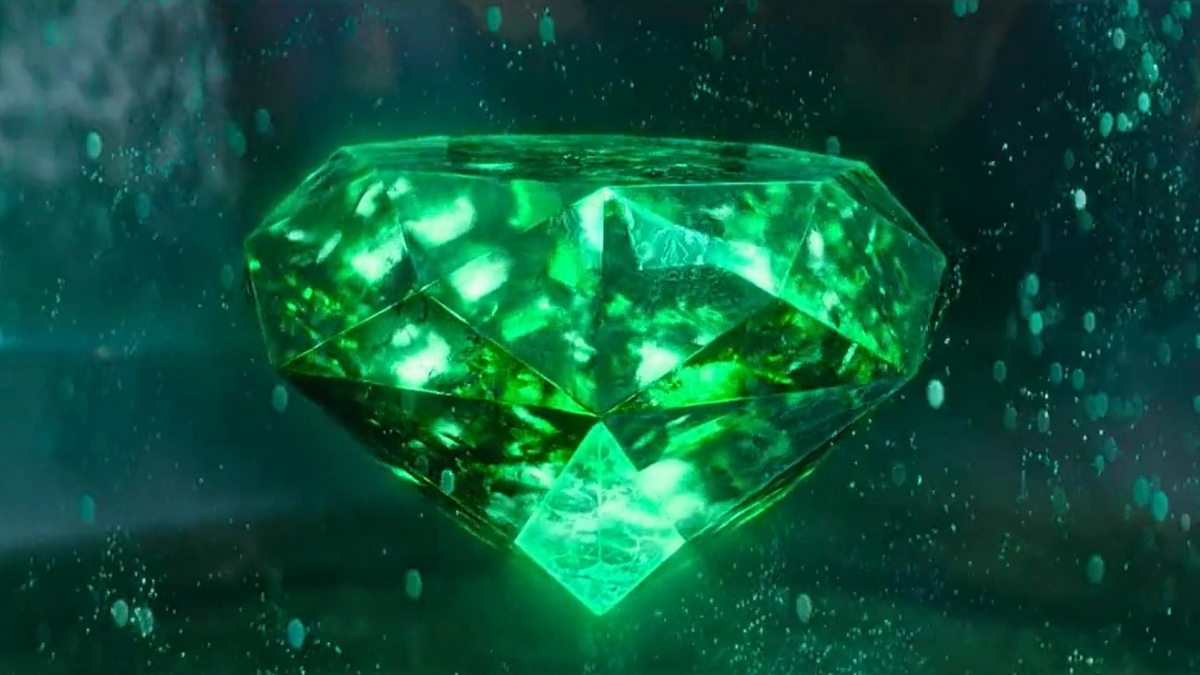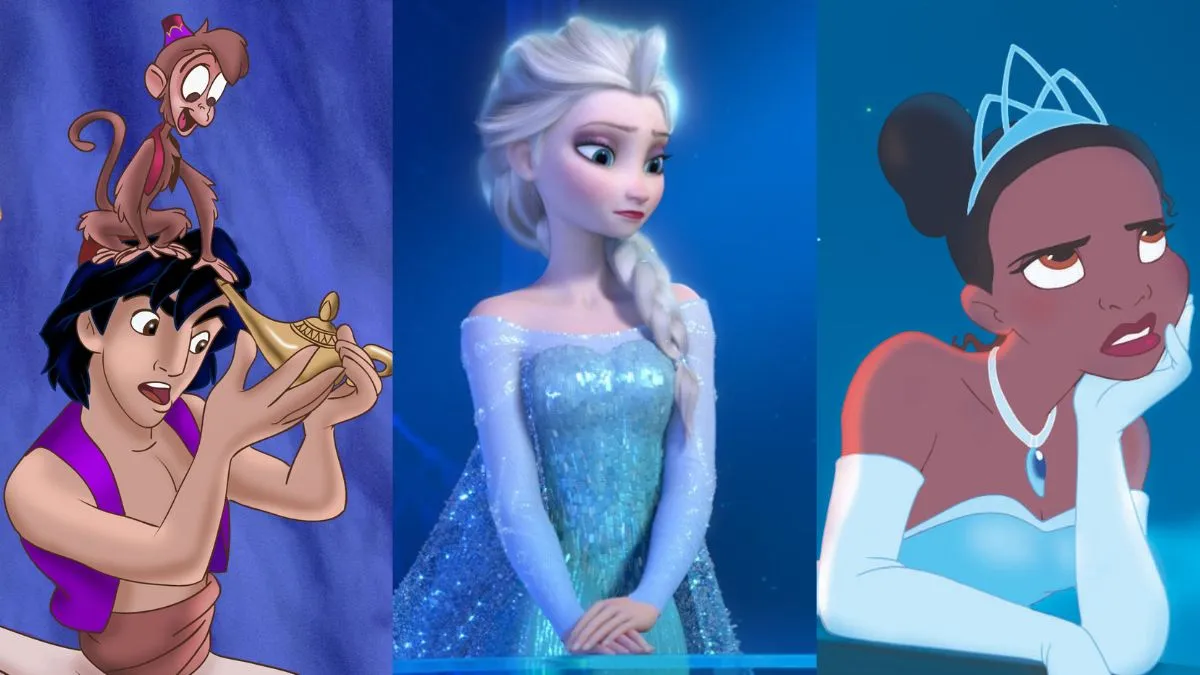
Looking to capitalize on home ice advantage before the Toronto International Film Festival has even officially started, Canadian director Denis Villeneuve throws down the prestige-drama gauntlet early with the twisty and dour Prisoners. While a more approachable genre effort than some of the biographical, personal, and extraterrestrial offerings using TIFF as stumping grounds for awards season campaigns, Prisoners proves that Villeneuve isn’t going quietly into the Hollywood machinery. While a tad more histrionic, and not quite as, well, incendiary as the harrowing gutpunch that was 2010’s Incendies, Villeneuve has crafted an excellent crime thriller with Prisoners, one that very easily could have turned out otherwise.
Ditching the Parisian cravats and muttonchops for a crucifix and thick beard, Hugh Jackman co-stars as Keller Dover, a working class Pennsylvanian father with a fetish for disaster preparedness that makes most survivalists look like boy scouts. “It gets to a point where the only thing standing between you and another person is you,” he tells his son (Dylan Minnette), who’s old enough to shoot a deer, but not go into the house basement that’s been stocked to the ceiling with propane, gas masks and Crisco. Though Keller has prepared for the worst natural disasters imaginable, the random and unthinkable abduction of his six year-old daughter, along with a neighbour’s child her age, provokes a volcanic anger in the man that finds desperate need of an outlet.
Too humble and distraught to simply curse the heavens, Keller’s impotent rage over a thin breadcrumb trail of evidence leads him to Alex (Paul Dano), a suspicious, but soft-in-the-head young man whose dilapidated RV, and oversized glasses scream probable cause. Convinced of Alex’s guilt, Keller quickly falls down a pit of moral failing in pursuit of his daughter’s whereabouts, as the rapidly turning fall weather darkens hope for the investigation with each passing day. While the slightest hints of an accent slip out during his more forceful moments, and he’s been cursed with a naturally melodious set of pipes, Jackman gives a captivating, committed performance, tapping into a sometimes protective, more often frightening fury that would cow Wolverine.
Counterbalancing him is Jake Gyllenhaal as lead detective Loki, a spiritual and cultural mutt raised in a catholic orphanage under a Nordic surname, who’s grown into a man that sports cross tattoos, freemason rings, and has a passing interest in zodiac signs. The last detail is big enough a nod to his career-best work in David Fincher’s Zodiac, but shades of Robert Graysmith can be seen in Gyllenhaal’s weary performance. While too aggressive and dogged to be mistaken for a boy scout himself, Loki’s methodical approach to the investigation only fuels Keller’s frustration. Despite the grimness of the subject matter, there’s a comical element to seeing Loki deflect the demands of the Dover family with the sorts of calming platitudes and reassurances you might yourself experience when dialing an IT call center in a rage.
Gyllenhaal’s character isn’t as large as Jackman’s, impressing mostly with facial ticks and strategic cursing, whereas Keller has the theatrical benefit of being set to explode at any moment. But the two leads have plenty of talent to bounce off of besides one another: Terrence Howard and Viola Davis manage to suck the marrow out of not particularly meaty parts as the parents of the other abducted child, while Melissa Leo plays against type as Alex’s doting aunt. Dano is a divisive actor in some circles, and his intensely reserved work here likely won’t sway detractors (though Alex’s journey through the story might provide a bit of sick satisfaction for those same viewers).

Scripter Aaron Guzikowski is establishing himself as a bluntly efficient writer of crime fiction that plays exactly as well as the effort that goes into producing it. Solid acting and direction made Contraband one of the “hey, it’s surprisingly okay!” little hits of 2012, but the upgrades in front of, and behind the camera for Prisoners are undeniable. They also all but save the film the more the story dives into B-grade psychological tropes. There are some decidedly ghoulish turns during the third act, in which the Lehane-style procedural elements of something like Gone Baby Gone give way to more macabre setpieces and implications. For the most part, it’s the sturdiness of the performers that anchors the emotion, even as the plot runs overlong, and into vague explanations of its own mechanics.
Eagle-eyed viewers will grow restless as the characters puzzle over clues that seem skull-thuddingly obvious when seen from both Keller and Loki’s side of things, yet the audience’s ability to parse out the mystery is almost entirely thanks to Villeneuve, who elevates the material more than anyone. To put it one way: it takes a fair bit of skill to open your film with a voiced over reading of the Lord’s Prayer, and frame it in a manner that’s unsettling, instead of just pretentious. Villeneuve’s vicelike grip on the camera is the sort of thing most actors would kill for, with faces and emotions dominating throughout, but his talents extend beyond just working with people. Roger Deakins ought to see awards nominations come his way for cinematography, as between his work and Villeneuve’s, the inner world of a non-descript Pennsylvania town makes for some of the most arresting imagery all year.
Even when the story starts to slip its straightjacket, Villeneuve’s staid direction keeps things grounded, and tense. Just when you think the convenient blocking posed by a bathroom sink is keeping you safe, Villeneuve reels back the ceramic curtain, and you respond in kind. Finding out the somewhat ridiculous contents of a dozen locked containers doesn’t undermine how disturbingly the camera presents them, and the use of a minimalist soundtrack is never more appreciated than during a pair of home invasion sequences that will get your heart rate up. Even something so familiar as a car racing through traffic in the pouring rain makes for a rousing climax when Villeneuve is at the wheel, masterfully combining pulp and pathos to great effect through most of a two and a half hour running time.
Prisoners isn’t bringing much new to the tradition of crime thrillers and missing children horror stories, but it does speak mightily to how quality of craft separates an airplane page-turner from a minor triumph of pulp poetry.


